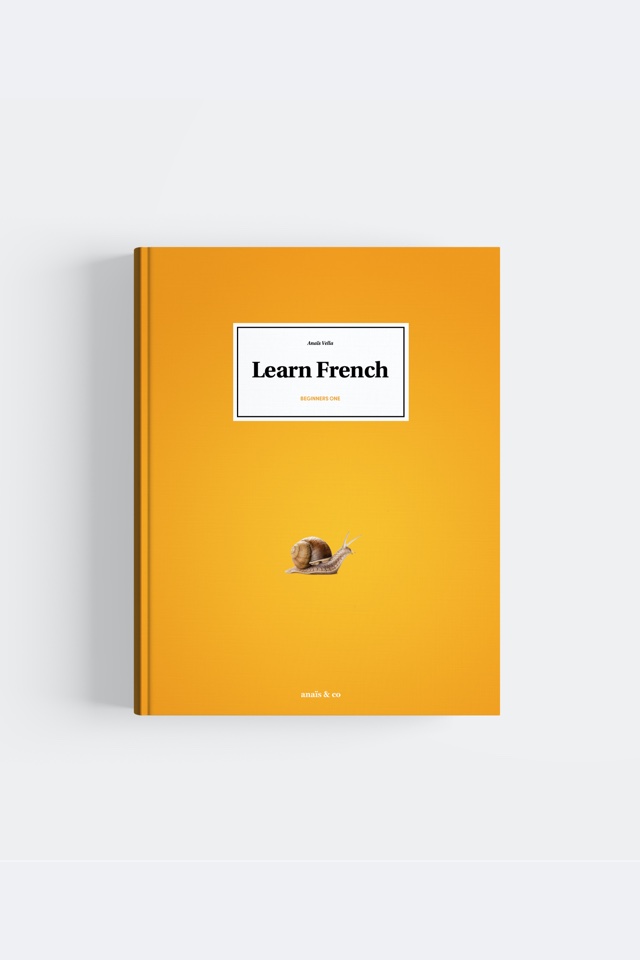

Ordinal numbers are formed by adding the suffix “-ième” at the end of most numbers. In English “ième” means “st, nd, rd, th.” If the number ends in a mute “e,” the “e” is dropped before adding the suffix. Ordinal numbers are not used for the date in French, they are used with things like floors or time (first, second …), as well as, for the “arrondissements” in big cities, or rankings.
For example:
Deux → Deuxième. (2nd)
Trois → Troisième. (3 rd)
Seize → Seizième. (16 th)
Trente → Trentième. (30 th)
Trente-quatre → Trente-quatrième. (34th)
Cinquante → Cinquantième (50 th)
“-ième” is pronounced “yem”.
If the number ends with “s”, “ze” or “x” we pronounce a “z”. For example: Deuxième → “duh-zee-yem”.
Only the numbers listed below will not follow the rule.
Un → Premier. (first for masculine nouns)
Une → Première. (first for feminine nouns)
Cinq → Cinquième. (add a “u”)
Neuf → Neuvième. (“f” becomes a “v”)
“Premier” and “première” are the ordinal numbers for 1. As a result, they can’t be used for 21st, 31st, 41st, 51st, 61st, and 81st. For these numbers, we will use “unième” instead of “premier.”
For example:
21st → Vingt-et-unième.
To express an approximate quantity, the suffix “-aine” is added to the number. If the number ends in a mute “e,” the “e” is dropped before adding the suffix.
You can’t turn every single number into collective numbers following the rule above, only the ones listed below can be turned in collective numbers.
For example:
10 → Une dizaine. (10 ish)
12 → Une douzaine.
15 → Une quinzaine.
20 → Une vingtaine.
30 → Une trentaine.
40 → Une quarantaine.
50 → Une cinquantaine.
60 → Une soixantaine.
100 → Une centaine.
“-Aine” is pronounced “enn”. Collective numbers are feminine and always preceded by “une”.
1000 → Un millier.
1 000 000 → Un million.
1 000 000 000 → Un milliard.
If the number isn’t in the list above, simply add “environ” in front of the number to turn it into a collective number.
For example:
Environ 17 → 17 ish.

More in the books
Werther you are learning by yourself, with Anais and Co or if you are a FLE teacher find this lesson and many more in a beautiful book.
Be notified when we upload a new video.